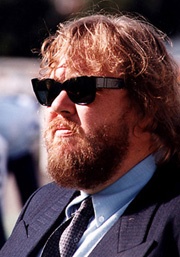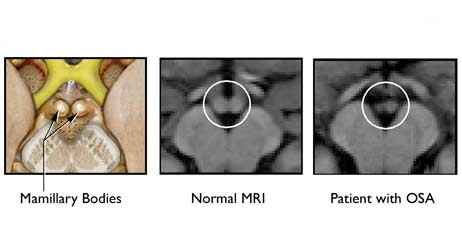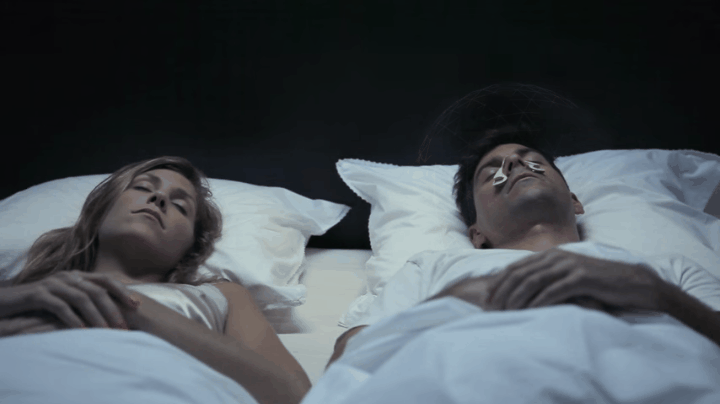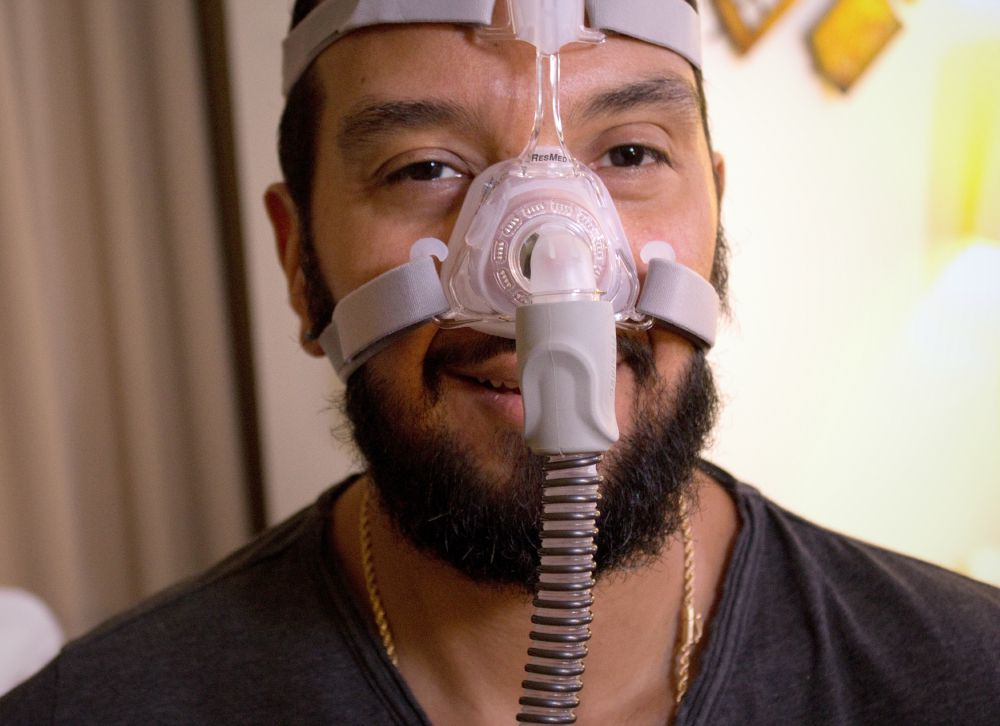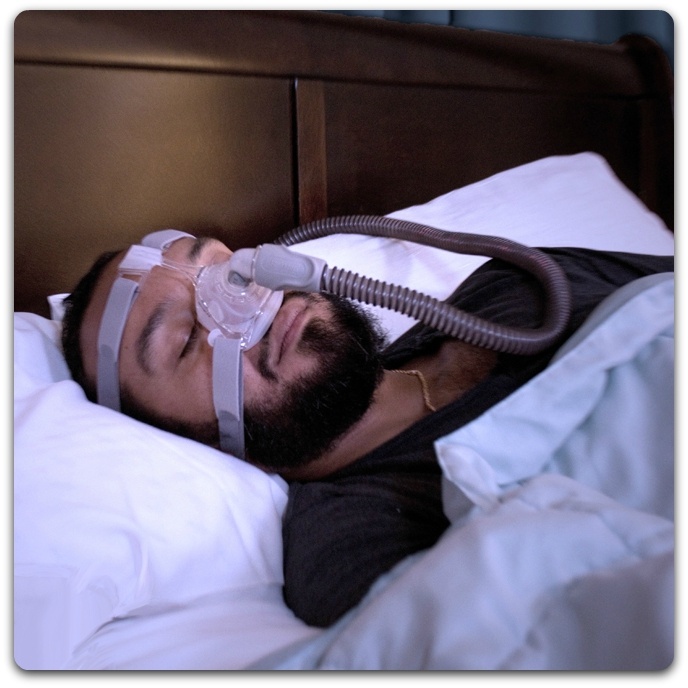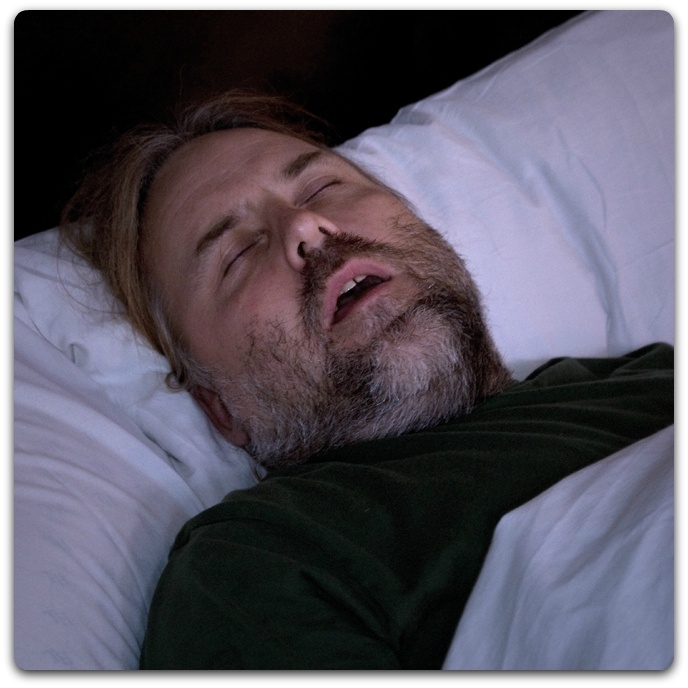Sleep apnea can be frightening for the people who experience it as well as their partners, who watch as their slumbering companions suddenly stop breathing, choke and wake, sometimes dozens of times an hour. The worry is well-founded, because sleep apnea is more than a disturbance at night. Studies have shown that obstructive sleep apnea increases the risk of cardiovascular disease, hypertension and even death due to cardiac arrest.
Celebrities and sleep apnea: Who do you know?
Posted by Julia Steele Rodriguez
Feb 24, 2016 11:06:21 AM
Were you recently diagnosed with sleep apnea or have a family member who just started using a CPAP device? You're not alone. In addition to an estimated 20 million Americans who have sleep apnea, there are lots of celebrities (both men and women) who have also publicly shared their struggles with the disease. Who do you know on this list of 20 celebrities?
Topics: Sleep Apnea
You’ve probably heard about the physical side effects of sleep apnea, like high blood pressure, heart disease, and diabetes. But obstructive sleep apnea (OSA) can take as big a toll on the brain as it does on the heart. Changes in brain matter and damage to neurons caused by sleep deprivation can lead to memory loss and other complications. Recent studies have shown that sleep apnea also changes the levels of neurotransmitters in the brain. What does this mean? The good news is, this damage may be reversible.
Topics: Sleep Apnea, Treating Sleep Apnea, CPAP Treatment
Sleep disorders, such as snoring and apnea, are more than just a nuisance - they can be related to many health risks. This is why effective and timely treatment is vital. Constant Positive Airway Pressure (CPAP) still remains the most successful treatment for sleep apnea. While patients often complain about its inconvenience, it helps them breathe through the night and get the rest they need.
The good news is that with the year 2016 fast approaching, the technology of sleep aid does not stand still either. Our hope is that technological advances will help eliminate the discomfort of using CPAP masks, while keeping the benefits of the therapy.
Today we would like to highlight some of the revolutionary sleep aid gadgets to be released in the near future. As always, it is important to consult a doctor before starting or switching to a new treatment. With physician's approval, these inventions could significantly improve the lives of people with sleep disorders.
Silent Partner – tackling snoring from a new angle.
Snoring can be caused by a range of factors, from temporary, such as a sinus infection or alcohol consumption, to more serious issue such as sleep apnea.
Always remember to consult your doctor about your sleep issues. If you are certain that your snoring bears no futher health risks other than what your sleepy and angry partner could do to you in your sleep, Silent Partner is the solution for you.
Image from http://www.silent-partner.co
Topics: Sleep Disorders, Sleep Apnea, CPAP Treatment
Fred’s story: “CPAP treatment has extended my life”
Posted by Lidia Lyssenko
Dec 16, 2015 9:00:00 AM
 Sleep apnea has been dubbed “a silent killer”: a sleep disorder that is often overlooked or unrecognized, it incurs increased risk of road accidents due to drowsiness, fatal heart disease, as well as a range of other serious health issues.
Sleep apnea has been dubbed “a silent killer”: a sleep disorder that is often overlooked or unrecognized, it incurs increased risk of road accidents due to drowsiness, fatal heart disease, as well as a range of other serious health issues.
Fifteen years ago, Fred was clueless to the cause of his chronic fatigue, until his concerned wife sent him to a sleep study. Had it not been for his timely treatment of sleep apnea, Fred’s life could have been shortened by the associated health risks, just like his forefathers'.
In his own words: “I wouldn’t be surprised if the last four generations of my family had gone through sleep apnea. They didn’t have the equipment I have now. It’s possible that sleep apnea shortened the lives of my ancestors.”
Today Fred L., 66, from Ojai, Ca. shares with us his story of the trials and benefits of treating sleep apnea.
Topics: Sleep Apnea, Treating Sleep Apnea, Sleep Studies
Is CPAP Forever? The Future of Sleep Apnea Treatment
Posted by Julia Steele Rodriguez
Nov 14, 2015 8:00:00 AM
Many patients find the idea of having to wear a mask to sleep every night to be daunting. Fortunately, the field of sleep medicine is changing quickly, in ways that are making treatment more accessible, convenient, and patient-friendly. Most excitingly, better and more comfortable treatment options are being developed that could replace CPAP entirely--even as soon as the next couple years.
Topics: Sleep Apnea, Treating Sleep Apnea, Sleep and Society, CPAP Treatment
Sleep apnea can occur in any demographic, but this condition, in which sufferers involuntarily cease to breathe is particularly prevalent among professional football players. Did you know that up to 1/3 of NFL players have sleep apnea? Unfortunately, the very size and strength that allows pro football players to excel at their sport, increases the risk for compromised health off the field. Notably, Reggie White, who played for both the Green Bay Packers and the Philadelphia Eagles died in his early forties. His premature demise was reportedly due, in part, to complications of sleep apnea.
A recent study, conducted by The New England Journal of Medicine recently tested "fifty-two professional players from eight randomly selected NFL teams." The study concluded that obstructive sleep apnea was approximately five times higher in these subjects than in similarly aged adults undergoing the same testing.
This is a significant study because it shows high body mass and thick necks make these athletes more susceptible to sleep apnea. That, in turn, indicates that others with the same characteristics are also at a higher risk for this life-threatening condition.
Topics: Sleep Apnea, Sleep and Society, Job-Related Sleep Disorders
Study shows treating sleep apnea lowers risk of cardiovascular death in men
Posted by Lidia Lyssenko
Oct 19, 2015 8:00:00 AM
Research shows that men treated with continuous positive airway pressure (CPAP) for obstructive sleep apnea-hypopnea are at a much lower risk for both fatal and non-fatal cardiovascular events than their untreated peers.
Endpoints [of the study] were fatal cardiovascular events (death from myocardial infarction or stroke) and non-fatal cardiovascular events (non-fatal myocardial infarction, non-fatal stroke, coronary artery bypass surgery, and percutaneous transluminal coronary angiography).
Who participated in the study and how were they monitored?
The research, conducted over the course of ten years, observed:
- 264 healthy men
- 377 simple snorers
- 403 men with untreated mild-moderate obstructive sleep apnea-hypopnea
- 235 men with untreated severe disease
- 372 men with the disease and treated with CPAP.
Topics: Sleep Apnea, CPAP Treatment
Does sleep apnea leave you breathless? Here's how to find out
Posted by Lidia Lyssenko
Oct 17, 2015 9:00:00 AM
Weariness, fatigue, tossing and turning; while it's easy to blame our modern lifestyle with all its screens and alert sounds for our bad sleep habits, sometimes the true culprit is a more natural issue. Sleep apnea affects millions of North Americans, with more receiving diagnosis daily. While your inability to reach REM sleep might be the result of watching The Walking Dead before bedtime, it could also be that your body, albeit briefly, stops breathing when you sleep.
Topics: Sleep Apnea, Sleep Studies
According to the National Sleep Foundation, more than 18 million American adults have sleep apnea. It is estimated that a minimum of 2-3% of children have obstructive sleep apnea. Obstructive sleep apnea is a sleep disorder in which breathing is briefly and repeatedly interrupted during sleep. The "apnea" in sleep apnea refers to a breathing pause that lasts at least ten seconds. Obstructive sleep apnea occurs when the muscles in the back of the throat fail to keep the airway open, despite efforts to breathe.
But is sleep apnea a disease?
Topics: Sleep Apnea


